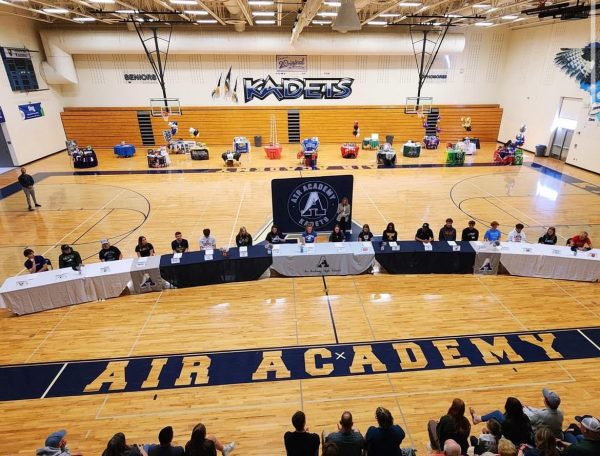Why People go to the Circus
In the 24 hour news cycle, flash is going to outsell material.
What that means is that tragedies, accidents, triumphs, and “that-minute-news” will get the majority of air time while long-winding, intricate, and overall, more important news is either left aside or minimally covered. An angry riot, a hostage-situation, a guffaw, a plane crash, an “outbreak”, something that is missing, and practically anything else that makes heads turn, if only for a moment. News stations, particularly CNN, love to feed off of the monster-of-the-week press that keeps us distracted from the real, solvable issues at hand.
The average citizen can’t stop the eruption of volcanoes or hurricane or hijacking or bombing, but the media will continually broadcast these images, leaving behind an audience who is now concerned, but unable and, more likely than not, unwilling to actually help. This isn’t to suggest that all news needs to be evaluated on whether or not the viewer can contribute to the situation, but it does mean that the news should be relevant to its audience.
People will listen when you tell them about the thousands of people dying in Africa from a disease called Ebola. In fact, they’ll listen so well that when a dozen Americans catch the virus, (in an entirely safer, more contained environment), the nation will be in an uproar against its government for not doing more. Who would have thought that the public was dead wrong in thinking that the virus was about to wipe out the nation? We don’t live in the time when the Spanish Flu is killing one in ten people, we live in the time of hygiene, vaccines, and quarantines. But yet, when CNN is broadcasting workers in hazmat-suits constantly for two whole weeks and Fox News is complaining that the President is somehow at fault for the transfer of this disease, we seem to find the problem very real, very fast.
![Photo via Wikimedia Commons under the Creative Commons License [http://commons.wikimedia.org/wiki/File:Baltimore_riot_police_VOA.jpg]](https://thejetstreamjournal.com/wp-content/uploads/2015/05/Baltimore_riot_police_VOA-475x317.jpg)
For further examples, because that’s all you people go off of anyway, look to the Baltimore riots, Charlie Hebdo shootings, and the missing Malaysia Flight 370. For the riots, all you will see on the news is the looting and violence, such as that one shot of looters destroying a CVS pharmacy that has been continuously looped. There isn’t a shot of the peaceful demonstrations or defense of cops on primetime TV (unless it’s Fox News demonstrating that white people are always innocent), but there is plenty to catalyze racial tensions even further. For the shootings, there were two weeks of repeated information and haunting footage that, to be fair, made viewers think about just how much they valued their security over their freedom. For the missing flight, we learned nothing for three weeks. But hey, ratings are up.
There are instances when this emergency-style news is important, such as California’s drought or immigration reform, but as a whole, it, without a doubt, keeps the public looking away from what’s really going on.
I realize that last line sounds reminiscent of an aged-blogger who wears tin foil hats and always goes on about the time he met Jimmy Hoffa, and I’m not trying to suggest there is a conspiracy at hand, but rather an unfortunate conflict of interests between the cable news networks and the practices of journalism. Attention needs to be given to the stories that affect us day to day, or are at least more well thought out than simply broadcasting crash footage over and over and over again. Unfortunately, the news these days is a lot like going to a freak show, you watch it to be startled and content with your own life, not to better the lives of the people inside.



![Photo via Wikimedia Commons under the Creative Commons License [http://commons.wikimedia.org/wiki/File:Malaysia_Airlines_Boeing_777-2H6ER;_9M-MRO@ZRH;22.12.2006-442df_(4279207368).jpg].](https://thejetstreamjournal.com/wp-content/uploads/2015/05/Malaysia_Airlines_Boeing_777-2H6ER__9M-MRO@ZRH_22.12.2006-442df_4279207368.jpg)








